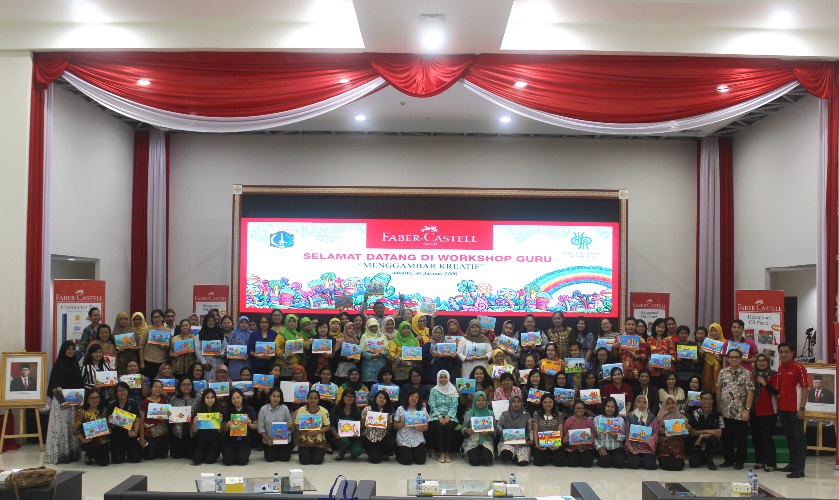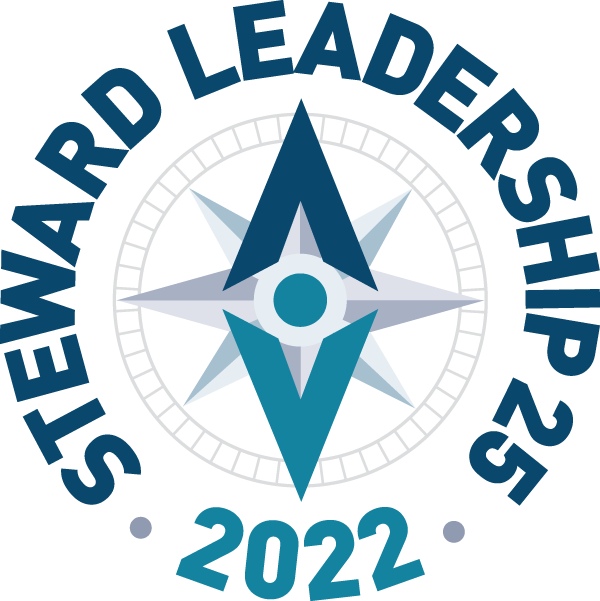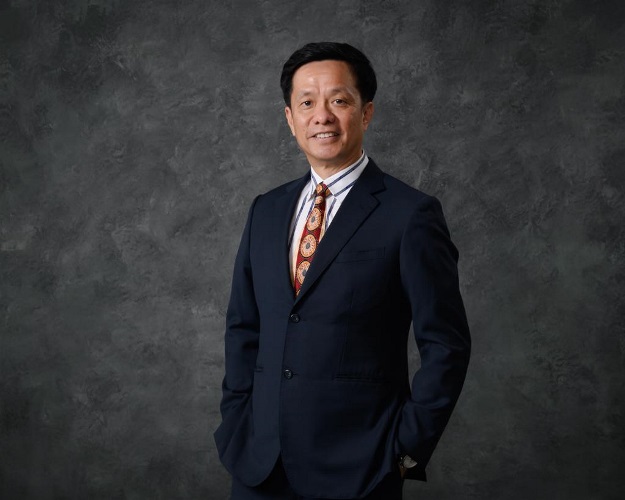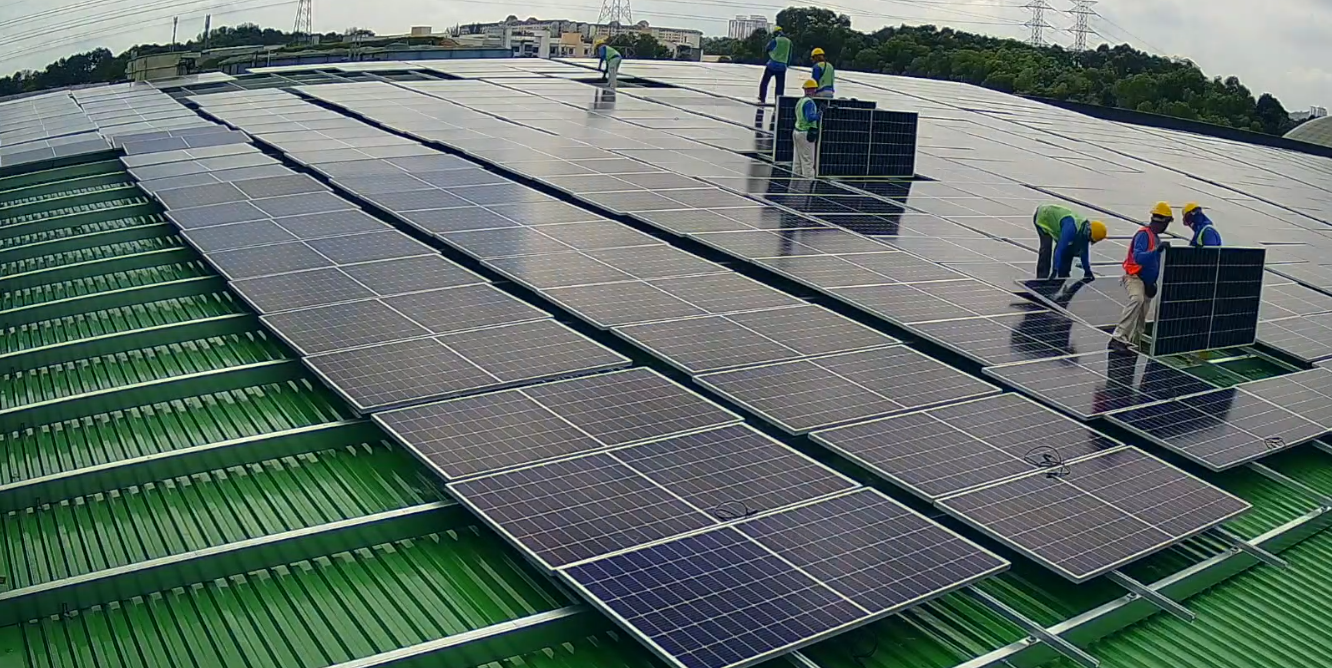Faber-Castell extends the use of renewables in Southeast Asia in line with targets to cut energy consumption globally by 55 per cent by 2030, and its art initiatives continue to empower and educate local communities.
Faber-Castell’s production has been carbon-neutral since 2014, as over 900,000 tonnes of carbon dioxide are absorbed by its forests. Additionally, 85 per cent of the energy it uses globally is renewable energy. For example, since January 2020, Faber-Castell has sourced 100 per cent of its electricity needs from renewable resources for the production sites in Peru, Brazil, Austria and Germany. Solar projects are currently being implemented in Southeast Asian sites to further increase the proportion of the company’s climate-friendly energy sources.
In the Asia-Pacific, since 2021, the company’s Malaysian subsidiaries have operated using 100 per cent renewable electricity, achieved by installing solar panels and switching providers from fossil-powered suppliers to solar farms and hydroelectricity. This is in line with its targets to further reduce energy consumption by 55 per cent globally by 2029/30 and to be energy self-sufficient, as far as possible, by 2034/35.
![images_xtqlc_FC1[1].png](/images/digitalhublibraries/articles-categories/a411dc3d-b722-4642-8502-915f8a93979e.png?sfvrsn=18e0dca7_2)
Solar panels being installed in Faber-Castell Malaysia in 2021
As one of the pioneers of corporate ecological responsibility, Faber-Castell monitors and manages the carbon footprint in its group through an internal global initiative. It also continues to innovate and ensure that its products are manufactured sustainably. All the wood used for its products come from either its own forests in Brazil or sustainable sources certified by the Forest Stewardship Council or Programme for the Endorsement of Forest Certification.
The use of plastic waste and cutting single-use packaging
The company is also making an increasing number of products and packaging more sustainably by cutting plastic usage. New products developed prioritise cardboard packaging as the first choice, and existing packaging is being redesigned to use cardboard instead. By 2029/30, Faber-Castell aims to have a share of 55 per cent of alternative plastics in its products while reducing the proportion of new plastics in single-use packaging to less than five per cent.
Since 2022, the company has embarked on a project to use plastic waste collected from the ocean in Indonesia for its marker products. Faber-Castell also supports projects such as the Plastic Bank project, which combines social and environmental factors by offering to exchange plastic waste gathered on the coasts of Haiti, Indonesia and the Philippines for money or food.
Unleashing the potential of community art
Faber-Castell envisions unleashing creative potential and has actively promoted and encouraged art in the community. It believes that art is a universal expression and communication tool with additional benefits for children, such as building motor skills, creativity, problem-solving abilities and observation skills. To align its efforts to promote the arts and inspire creativity in local communities, it has been carrying out a variety of art competitions and activities for all ages in the Asia-Pacific.
Since 2002, in Indonesia, it has hosted a variety of art activities annually, involving teachers, schools, families and children in over 126 cities and districts. In the past 10 years, the company has held over 18,314 drawing competitions, reaching more than 6,302,762 Indonesian participants. These activities were also held at remote islands such as Tahuna, as Faber-Castell believes that children in all areas should have equal opportunity.
It has brought art activities to relieve the pain and fear of children in the areas struck by natural disasters, such as the Sinabung volcano in Sumatera, the earthquake in Palu, the Merapi volcano and many more.
 Teachers’ art workshop in Jakarta, 2020
Teachers’ art workshop in Jakarta, 2020
![images_dj811_CTL%20Competition%20Emporium%20Jakarta%202022[1].JPG](/images/digitalhublibraries/articles-categories/96a7a43a-dd17-4d46-8880-1bf03091a4b5.jpg?sfvrsn=d91493f7_2) Family bonding art activities held in a shopping mall in Jakarta
Family bonding art activities held in a shopping mall in Jakarta
Faber-Castell believes in empowering the next generation through art. To encourage continuity and to extend the provision of such art education in schools, it has emphasised training teachers to introduce creative art activities in classes by hosting over 588 teachers’ art workshops across various cities and islands in Indonesia, involving to-date 61,016 teachers in Indonesia and up to 10,000 teachers annually. In China, it has built classrooms in rural primary schools to enable children to have art classes.
The company also organises activities to raise consumer awareness of sustainability and its importance to the environment. The theme of its 2021 Young Artists’ Award, an annual colouring contest in Malaysia, was “Sustainability (Better World, Better Me),” with participants giving workshops and talks on environmental care for animals and sustainability. Faber-Castell Indonesia worked with the World Wildlife Fund to raise environmental awareness through art activities on “buy the good one.”
Moving forward, Faber-Castell aims to continue its fundamental efforts and online platform in educating and empowering local communities with drawing, colouring and writing. It plans to expand its art activities to include the senior citizens and to assist in improving the quality of life for their golden age.

Faber-Castell AG is one of the world’s oldest industrial companies, represented in over 120 countries, with production facilities in 10 countries and sales companies in 22 countries, manufacturing and selling writing and colouring implements and decorative cosmetics. As a company with 261 years of history and currently controlled by the ninth generation of the founding family, it wants to continue its legacy by doing its part to make a difference, environmentally and in society, for generations to come. From launching an unprecedented forestry project in Brazil in the 1980s and signing the Social Charter in 2000 to being the pioneer in introducing environmentally friendly paint for its wood-case pencils, sustainability has been in its DNA and continues to do so today.
Learn more about Faber-Castell International Indonesia through their website. To collaborate or connect, reach out directly to our SL25 team.
Connect













